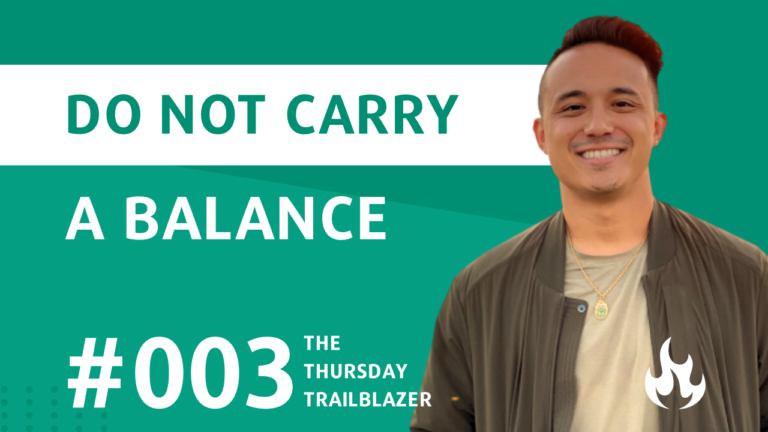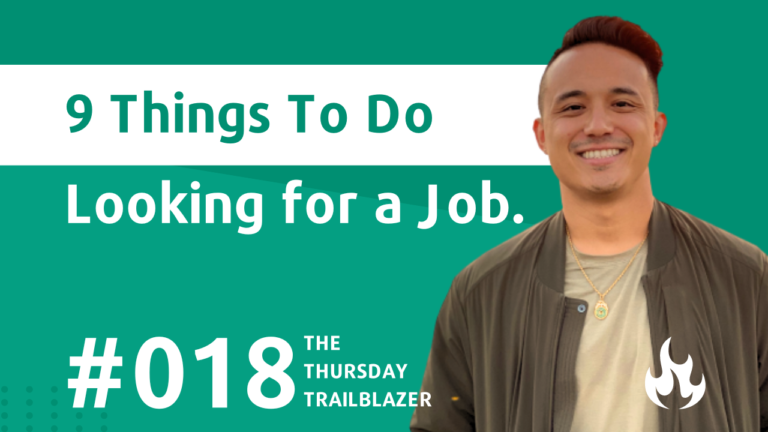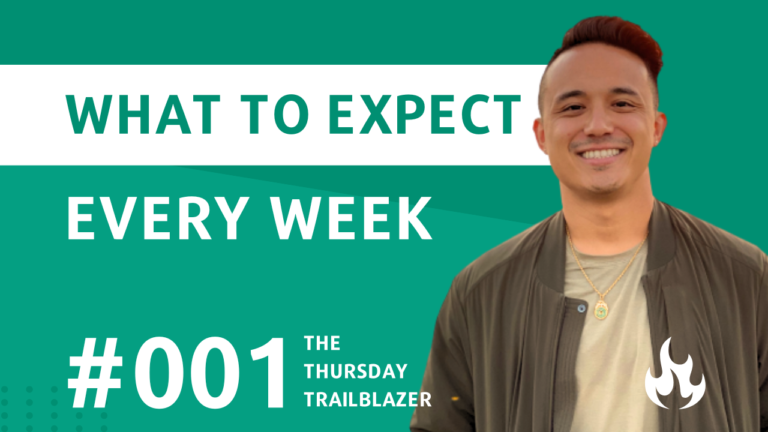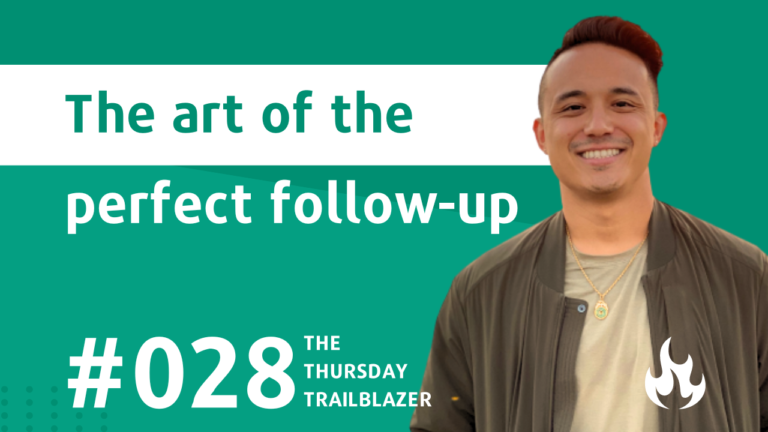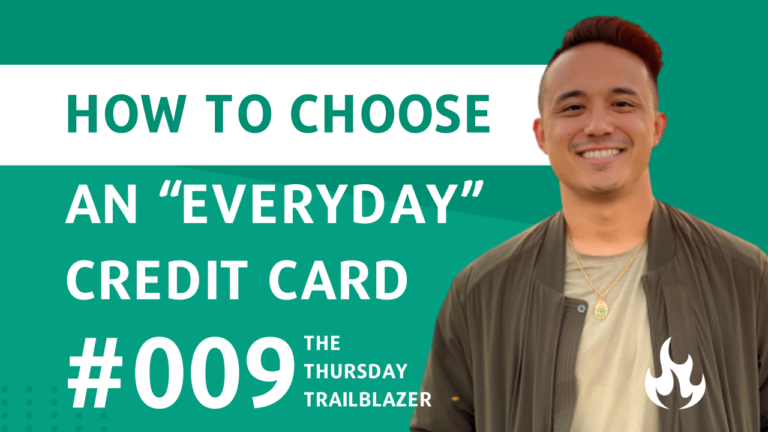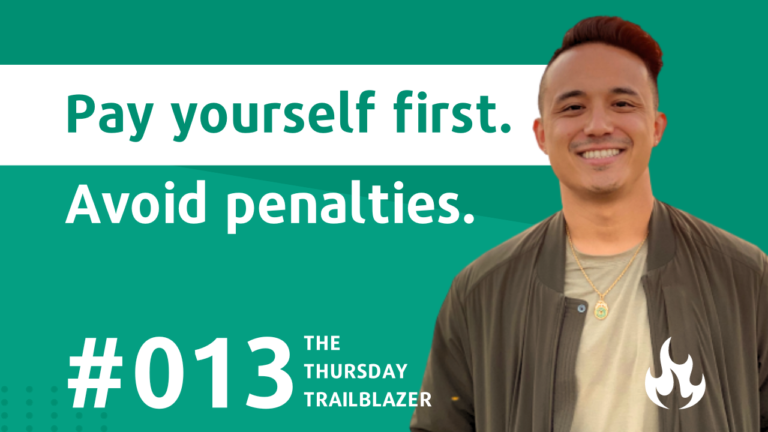T3 #015: Three lessons I learned buying my first real estate investment.
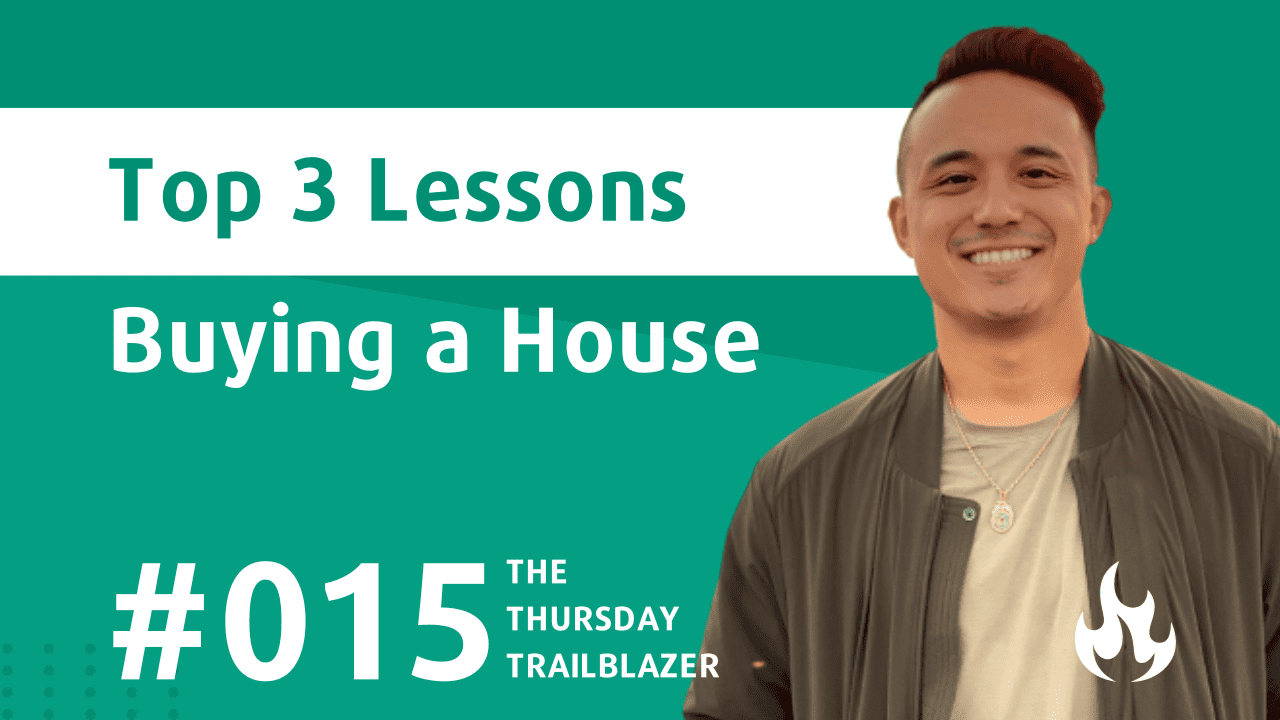
Buying my first property felt like climbing a mountain! 🏔️
Where do I start?
What do I need to know?
Who do I need to speak with?
The entire process took some time to really get going…
…and find those that could really help along the way.
Sure my parents purchased a home, but a lot has changed in the 20+ years since they did it.
To add some complexity, I was looking to buy my first investment property.
What’s the difference?
In an investment purchase, you need to additionally calculate your potential return.
Those are different calculations than if you purchased it at one price…
…and sold it at another.
I was looking for that cashflow! 🤑
Throughout the buying process, there were definitely lessons learned.
Over the next couple of minutes…
…we will dive into those learnings in hope to help you avoid those mistakes in the future.
Lesson 1: Build a team that specializes in what you are looking to do
Just because someone has a realtor license does not mean they are a good fit for you.
The same way doctors specialize in different procedures…
…realtors are the same way!
Could they do it all?
Sure. 🤷
But I wouldn’t want a foot doctor to do heart surgery just because they could do something.
When you are reaching out to real estate agents, ask them the type of properties they specialize in.
In my case, I interviewed 7 different agents.
I chose one that mostly works with real estate investors…
…and even owns and operates his own investment properties.
Not the one that specialized in families buying their first home.
Not the one that could “do it all.”
Choosing the right person is extremely helpful because when it came to finding specific properties, financing, and evaluating deals…
…he knew exactly what I was also looking for and became a partner to help me find things I might have missed.
Lesson 2: Save for more than just your down payment
You’ll often hear that you’ll need to save 20% for your down payment…
…but that can be a HUGE amount depending on where you are shopping.
If you are planning to live on the property, you can put down as low as 3.5%.
Zillow is even testing a program to bring that as low as 1% – but let’s assume that is an outlier (for now).
For our Veteran’s, they have a special program where you can put down as little as $0.
Regardless on the type of loan that you are pursuing, I would definitely do the following when saving:
1 // Avoid using your emergency fund towards your down payment.
You never know what might happen after you get your property and having your emergency fund can be helpful.
Also make sure your emergency fund is recalibrated with your expected mortgage.
Personally, I have at least 6 months of an emergency fund that is in the “do not touch” bucket.
2 // The down payment isn’t the only cash you’ll need to part with.
Even after a ton of research…
…I somehow missed the cash that was needed for “Earnest Money.”
This is a sum of money, in State of Washington is usually 1% – 3% of the offer price, that the buyer gives a seller as a sign of “good faith” when making an offer.
Unlike your down payment that is due by the time of closing…
…earnest money deposit is due usually within a few days of the seller accepting your offer.
Yes, this does go towards your down payment…
…but is something to keep in mind if you need to do things like liquidate stock holdings.
This can be thousands of dollars – so be prepared.
And this isn’t the only additional cash you might need.
For instance in the state of North Carolina, there is also a Due Diligence Fee to consider.
Make sure with whoever you are working with to ask details at this level so there are as few surprises as possible.
3 // Allocate some funds for repairs and renovations.
In 99% of the homes that are purchased (even new builds), there will be things that will need to be purchased.
8 months after closing my first property…
…I needed to put a new roof on one of the accessory dwelling unit on premise.
That was an unexpected $15,000+ expense that happened right after the holiday season. 🙈
When I purchase my next property…
…I’ll definitely have a property-specific emergency fund separate than my day-to-day living fund for these type of things.
Lesson 3: Avoid waiving contingencies like inspections with your offer
In a competitive market, people will often start to waive contingencies to make their offer more appealing.
You’ll be able to waive the ability to complete an inspection or if your loan financing falls through.
Be VERY careful when doing this.
Some of the best pieces of advice that I receive when I started my real estate journey was to pre-define my purchasing criteria:
1 // Define the max price I am willing to pay (and not budge when in a bidding war)
2 // Determine the conditions that need to be met before waiving a contingency
3 // Be okay with walking away from a deal
Finding the right property takes a lot of time…
…and usually multiple offers.
There will be times someone else’s offer is accepted.
I still remember that there is one property that I LOVED and definitely became emotionally attached.
It sucked when I didn’t get it.
But I had to keep on going…
…and eventually found an even better property two months later.
Things will always work out.
Just keep your head up and moving forward.
You. Got. This.
📚 Other Notable Resources
- Last Week’s Post: Don’t Leave Your Retirement Funds Behind – Navigate 401(k) and HSA Transitions!
- Free Resource: Personal Budgeting Template (works for couples too!)
Learn the tactics we should have learned in school without the trail-and-error.
Join me and 67+ subscribers to The Thursday Trailblazer. Every Thursday morning, you’ll receive 1 step-by-step insight to help you level up in the areas of personal finance or career development.

